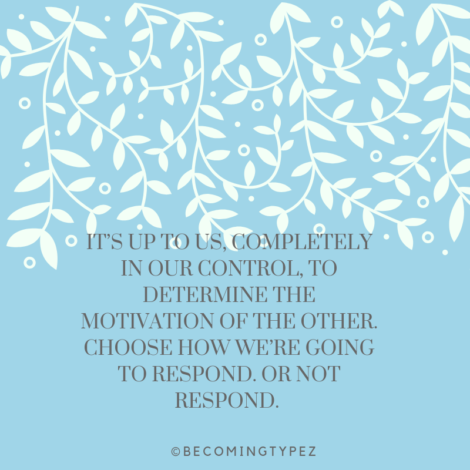A few years back, I heard this quote, “Nobody can make you feel inferior without your consent.” Attributed to Eleanor Roosevelt, I thought, wow. That’s some powerful stuff. You go, Eleanor. I loved the idea of holding one’s own space. I was at a point in my life where I’d become comfortable with my adult self and I found this quote inspiring.
But lately, this quote has been bothering me. As a mother and educator of small children, I’ve been thinking, now wait a minute, Eleanor. Were you suggesting what I think you were? That each of us is solely responsible for our self-esteem? Maybe grown people, adults. What about the children?
I knew Eleanor was an advocate for children. Perhaps, I thought, I’d been reading the quote wrong, attributing meaning where there was none. So, I did what I so often do when something bugs me, I go in search of information. Which means I did a quick Google search. And I found a story tied to this quote on the website, quoteinvestigator.
Mrs. Roosevelt’s original quote, it seems, had been part of a longer response to a reporter’s question about a situation where snub may or may not have occurred to a government official. When Mrs. Roosevelt was asked to weigh in on the situation, she (in my opinion) answered quite diplomatically. First, she said (and I’m paraphrasing) the snub had to have been made intentionally in order for it to have even been perceived as a snub. Mrs. Roosevelt went on to say that when we, the ones on the receiving end of a confusing, possibly offensive interaction are feeling unsure of ourselves, it is easy to feel insulted, marginalized.
In essence, she was saying we have the power to let a comment or action grow, become “a thing,” which can make us feel poorly about ourselves. But when we feel confident, know where we stand, we can laugh at remarks, brush off slights, render them powerless. A few years later, the website said, her remarks were shortened in a Reader’s Digest story, distilled into the famous quote that’s been bugging me so much lately. Hmm.
After mulling it over, I think Eleanor demonstrated kindness and empowerment. How can we ever know the intent of another without asking? But so often we jump to conclusions. Create narratives to explain our feelings away. And in the process, we choose to give our power away, we choose to feel offended.
Going further, I think what Eleanor was essentially saying was that sometimes people do or say things intentionally that make us feel bad. Other times, though, the things people say or do that make us feel crummy are completely unintended. Thoughtless comments, brain-cramps, social whoops.
And it’s up to us, completely in our control, to determine the motivation of the other. Choose how we’re going to respond. Or not respond. We can deem the other person offensive and reestablish a boundary line, disengage or we can recognize their misstep as nothing more than a mistake, choose to meet them with compassion. It’s completely up to us. We can choose to be offended or just to let it go. Wowsa. That’s some serious empowerment! And such a great lesson to teach our kids.
Because think about it; when our kids hurt, we feel their pain just as acutely, sometimes even more. The birthday party our child wasn’t invited to, the recess when there was “nobody” to play with, the playdate our child heard happened without them. All of these things happen. None of them are pleasant. But we adults have the choice to interpret as the incident as a slight or a non-event. And teach our children that they, too, have the power to reflect, feel and choose to feel good about themselves anyway.
In the age of technology and social media, where every moment is shared, it’s so incredibly easy to feel snubbed, question ourselves. And when the icky feelings get stirred up, we need to remind our kids and ourselves of Eleanor’s impactful words. Remember each of us has the power to choose how to feel.
©Kathie Z.